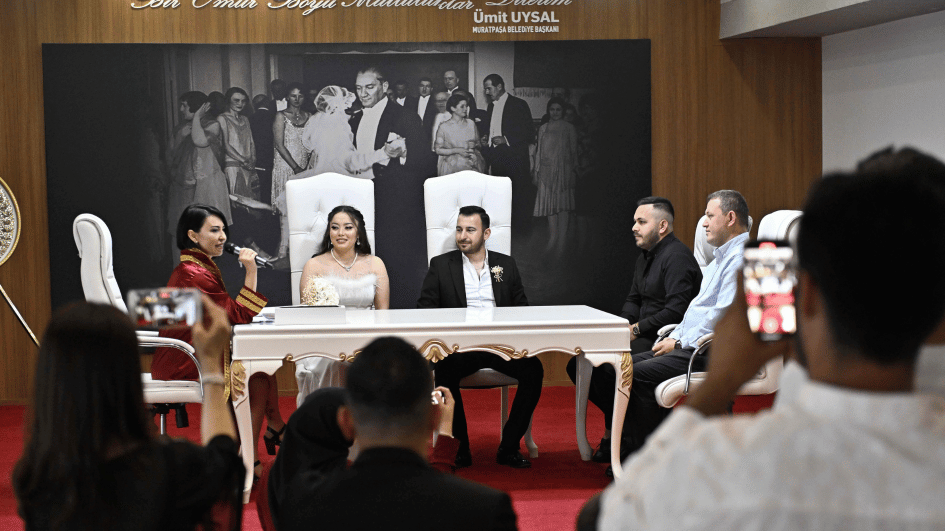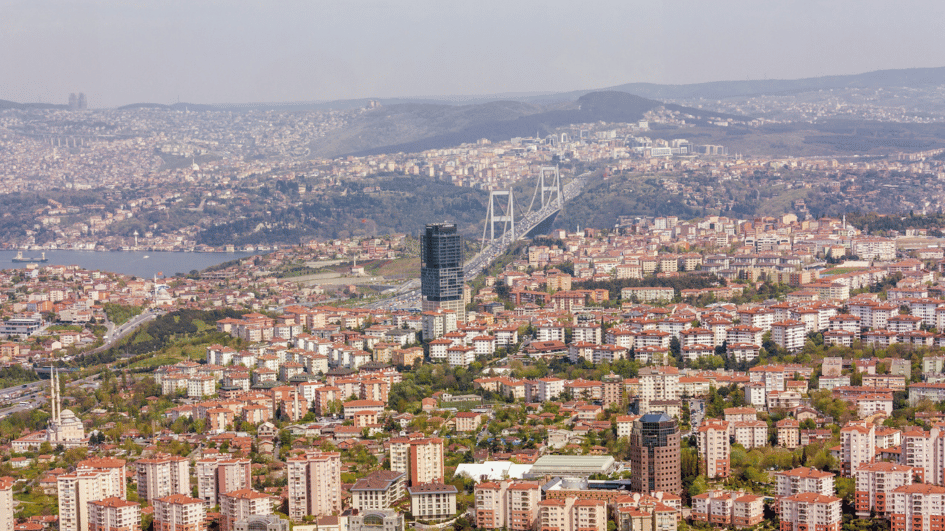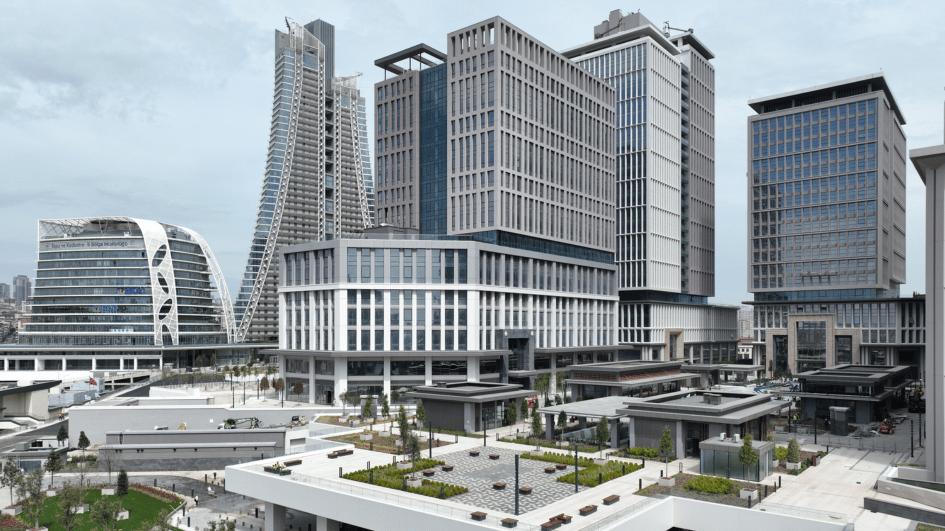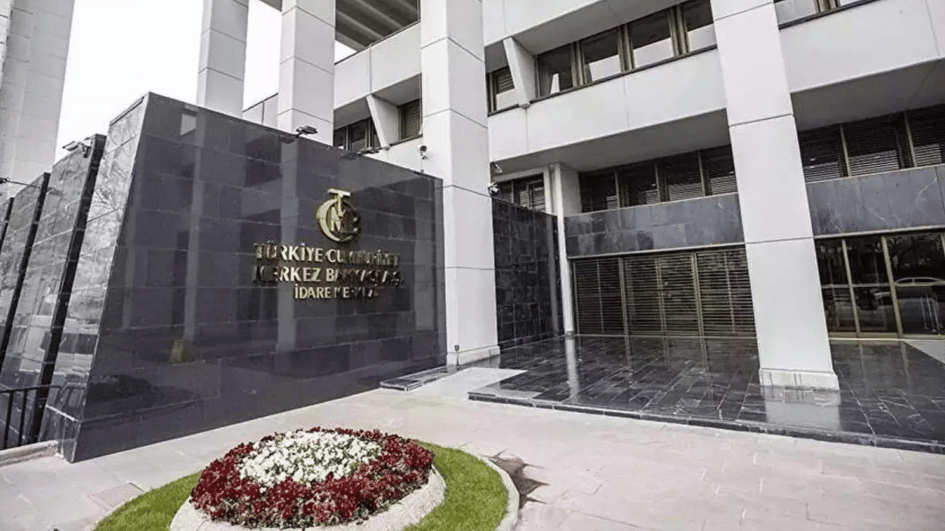How will general’s arrest affect Turkish military?
The question in the headline could be put more broadly as, “What will be the effect of the arrest of retired Gen. İlker Başbuğ on Turkey’s politics and military?”
In 2009, when Col. Dursun Çiçek was arrested, Turks were shocked. Arrest of a member of the Turkish Armed Forces on duty was something unthinkable. Başbuğ, then chief of General Staff, reacted strongly, saying the documents published by the daily Taraf regarding military intentions to discredit the government and also the Fethullah Gülen movement were just pieces of paper, part of a conspiracy against the military, and an officer could not be tried by civilian courts.
Now the arrest of Başbuğ, despite being the first of its kind, as a (yet former) chief of General Staff is jailed on claims of trying to undermine the government he served, not only as a soldier but as a member of the National Security Board (MGK) for years, is less of a shock for everybody.
Because, in the meantime, quite a number of on-duty and retired generals and force commanders, including the deputy, secretary-general and legal adviser to Başbuğ, have been arrested, and almost all of them gave statements to prosecutors that they had acted upon orders; all fingers were already pointing at Başbuğ for months.
It was the same Başbuğ who got into a row with Prime Minister Tayyip Erdoğan on the eve of the Supreme Military Council (YAŞ) meeting on promotions and appointments for the higher ranks in the summer of 2010 over the arrests of officers and who was going to replace him; they agreed on Gen. Işık Koşaner as the new chief of General Staff. Koşaner resigned from the post together with all three of his force commanders on the eve of the YAŞ meeting in the summer of 2011, after a row over the same subject, arrests of military officers on charges of conspiring against the government.
That is the reason why the rumors about the possible resignation of force commanders – denied by official sources – in reaction to Başbuğ’s arrest didn’t echo much in public; that psychological threshold has been exceeded during Koşaner resignations.
That probability is not a factor for the European Union, which welcomed the arrest of Başbuğ as another step toward a more civilian democracy in Turkey. But not a word was said about the continuation of arrests of the journalists inside. But it might be a matter of concern for the U.S. The word in Ankara is that during Vice President Joe Biden’s phone call to Erdoğan, the need to keep the Turkish military on track was also mentioned. There is no solid sign for the time being that it may affect Turkey’s NATO commitments at a time when the missile shield radar in Turkey is being activated and tension in Iraq and Syria is on the rise, competing with the tension around the Hormuz Strait area between Iran and the U.S. and Israel.
There are mixed feelings within the government. It is indeed a strong indication of consolidating civilian authority over the military, also taken as setting the score even by the conservative grassroots of the ruling Justice and Development Party (Ak Parti), who have been feeling humiliated by the military-inspired establishment for decades. It is now certain that no one is untouchable from the courts. But the government needs high morale in the army to keep defenses strong and not to show any weakness in the ongoing fight against the armed Kurdistan Workers’ Party (PKK) as well.
It is a difficult situation. If the government and the current Chief of General Staff Gen. Necdet Özel manage the situation well, further risks might be avoided by a new law regulating the criteria for arresting people and arrest durations and speeding up the trial process.
Nevertheless, an important milestone has passed in the painful relations between politics and military in Turkey.











